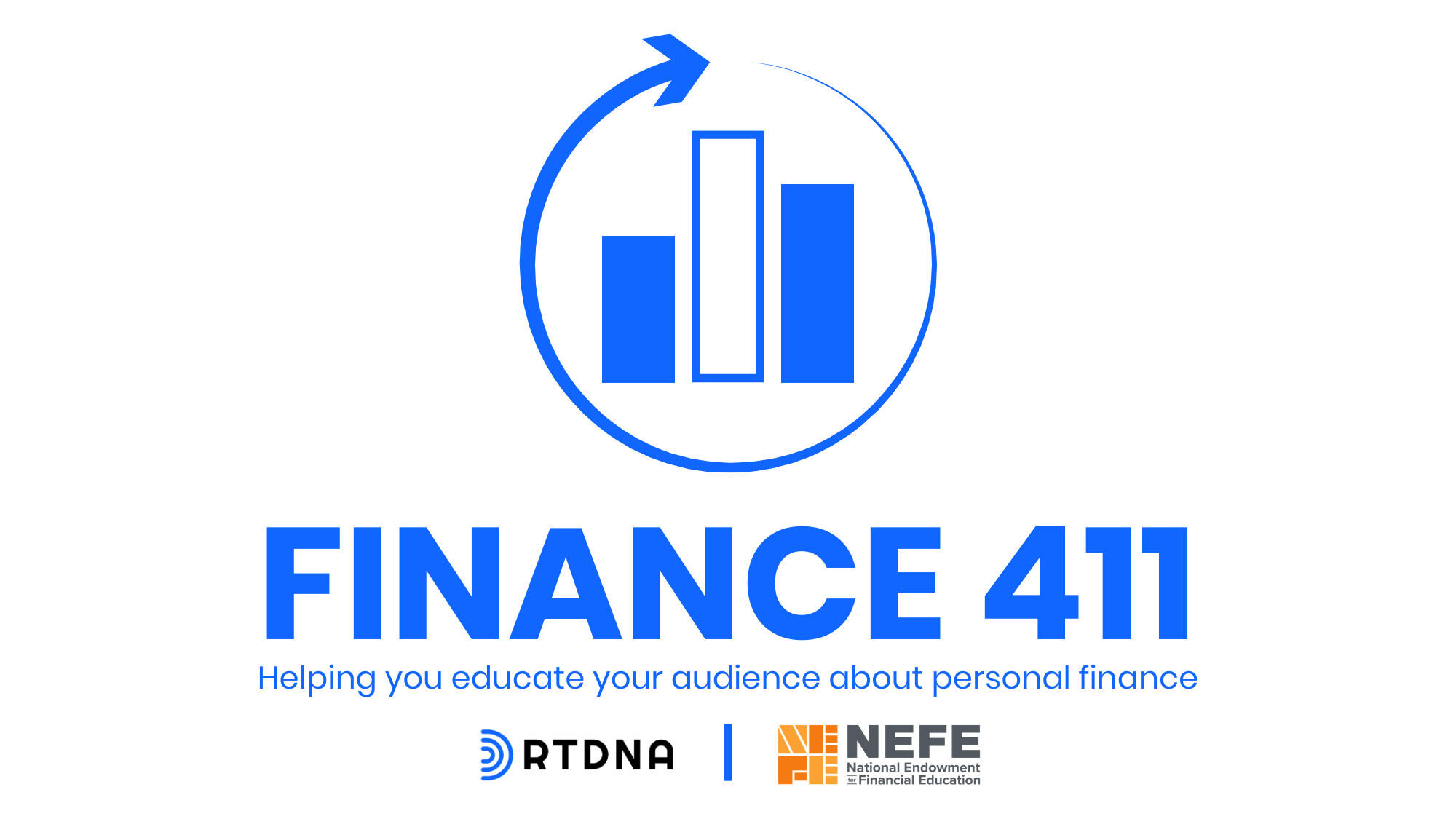Money Matters: Preparing for the next rainy day
Date postedJanuary 18, 2019
 The ongoing partial government shutdown, now the longest ever, is beginning to take a toll on federal workers, contractors, government grantees and the economy overall.
The ongoing partial government shutdown, now the longest ever, is beginning to take a toll on federal workers, contractors, government grantees and the economy overall.
Growing savings
- Save the change and round up
Try a new take on the classic change jar. As cash grows less common, there are new ways to save your change, or even automatically invest it, with apps like Acorn, which automatically round purchases up to the next whole dollar and invest that change.
- Switch to a higher-yield savings account
If you are starting to save, but want to grow your savings faster, spending a little time shopping around for higher yield savings accounts, with a growing number on online options, can help the savings you’re building return more interest with no extra saving effort needed.
- Multiply your savings with investments like CDs
For those who already have some emergency savings, and the financial security to set some money aside where it cannot be accessed without penalty, investments like CDs can function similarly to high-yield savings accounts, but generally have even higher yields, especially the longer the term of the investment.
Building income potential
- Keep your resume updated
Job loss is one major reason people need to tap into emergency savings. Keeping your resume updated and nurturing your network while you’re employed can keep you ready for a job hunt and minimize you time unemployed if you lose your job.
- Look for opportunities for supplemental income
Developing a second source of income beyond a fulltime job, even if it’s just occasional freelancing or consulting, gives you an alternate source of income you can potentially scale up if your primary income source suddenly disappears.
Tidying finances
- Work on your credit
Taking steps to build your credit, like paying down debt, may seem in tension with the goal of building emergency savings, but better credit can make it easier to secure a temporary cushion through a loan.
- Tidy your taxes
Plan to send your refund straight to your emergency savings account, or adjust your withholding to get more in your paycheck instead of a lump refund, making it easier to save some each month.
- Keep emergency accounts for emergencies
Emergency savings are only helpful if they’re available in case of emergency. Make a deal with yourself not to touch your savings for non-emergencies.
Weekly Money Matters personal finance content for your newsroom is sponsored by the National Endowment for Financial Education.
